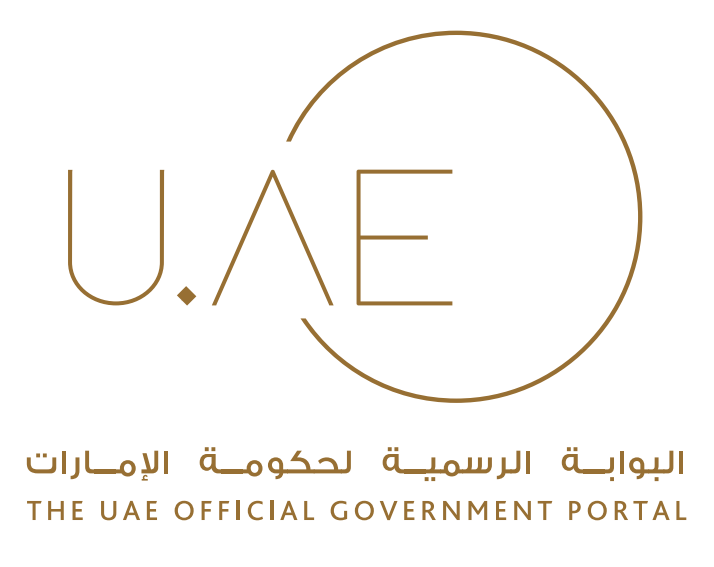Dubai’s Roads and Transport Authority (RTA) has achieved a series of remarkable results in managing bus operations by harnessing big data, advanced analytical tools, artificial intelligence, and continuous machine learning, together with the automation of related technologies across the wider public transport network.
Marwan Al Zarooni, Director of Buses at RTA’s Public Transport Agency, stated that among the most notable achievements made was the bus punctuality index that had improved by more than 50% thanks to real-time re-engineering of operating schedules, complemented by the development of dedicated data-driven procedures to prevent buses from idling, thereby reducing carbon emissions. He noted that a 4% reduction registered in bus trip cancellations through the application of an artificial intelligence model.
He added that a data-driven weather response mechanism had also been developed within RTA’s crisis and disaster management framework, enhancing passenger safety during severe weather conditions. These achievements have been recognised with several awards, including the “Top Participating Department” in RTA’s 2024 Scientific Research Award, two first-tier research awards, and four publications in leading scientific journals.
Al Zarooni continued: “The responsible and innovative use of data is a central pillar of our smart management vision. These pioneering achievements demonstrate that artificial intelligence is no longer an experimental option but has become an active contributor to making Dubai’s bus network faster, more sustainable, and more reliable in meeting the needs of hundreds of thousands of passengers every day. Artificial intelligence has now evolved into a vital infrastructure that enables RTA to anticipate, adapt, and enhance the service for every passenger, ensuring that Dubai’s buses become smarter, faster, and more sustainable with each innovation.”
“The 2025–2030 roadmap includes the expansion of predictive analytics, the introduction of driver training supported by artificial intelligence, the provision of customer service through artificial intelligence, and the launch of an open data platform to foster innovation in partnership with academic and industry sectors,” he concluded.









 For an optimal experience please
For an optimal experience please